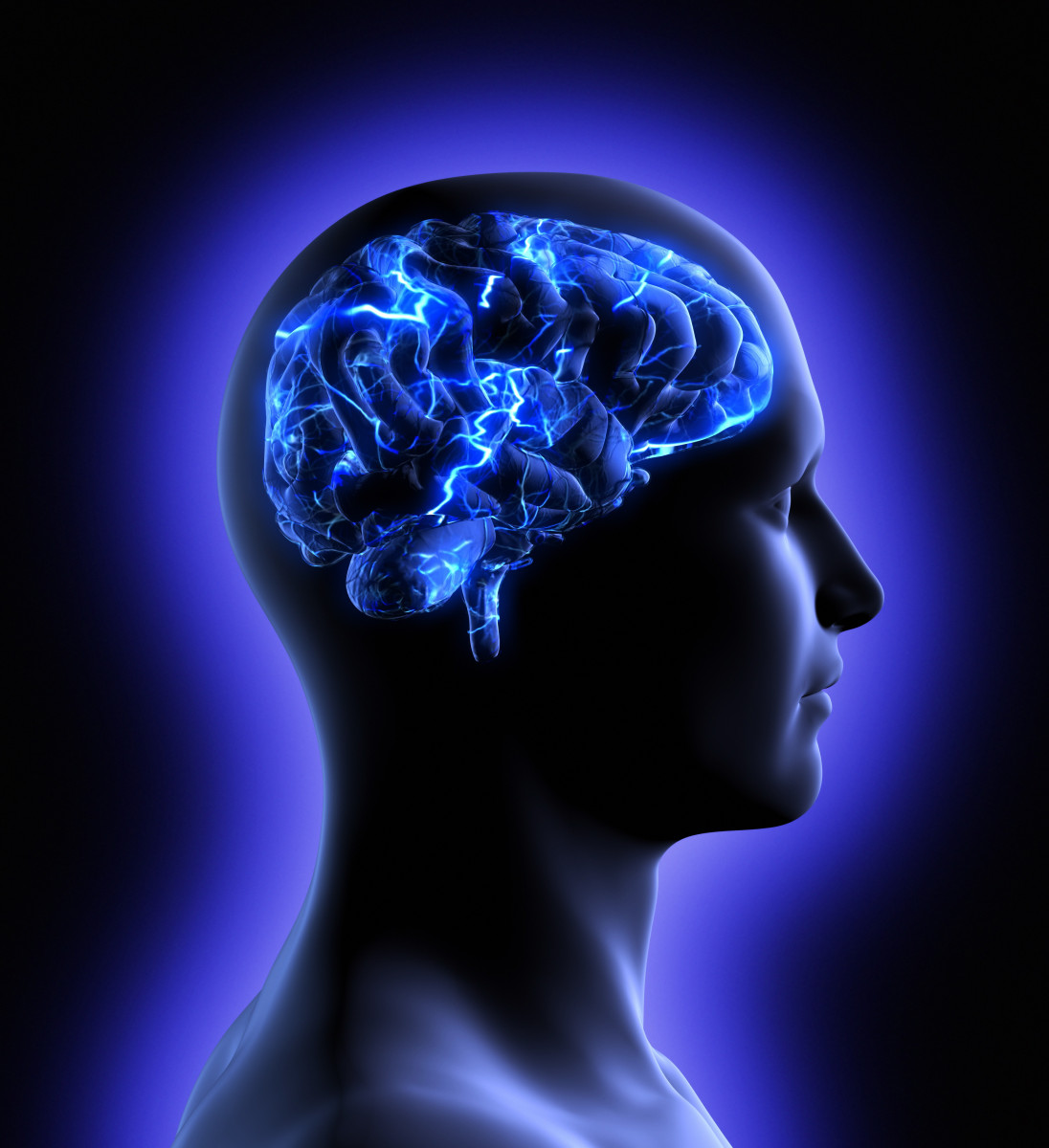Memory Training Could Make Brains of MS Patients More Efficient, Study Suggests
Written by |

People with multiple sclerosis (MS) who complete training through a method called the modified Story Memory Technique (mSMT) show a decrease in brain activity after training, which could indicate more efficient brain processing, a recent study shows.
The study, “Brain activation patterns associated with paragraph learning in persons with multiple sclerosis: The MEMREHAB trial,” was published in the International Journal of Psychophysiology.
Cognitive impairment, such as difficulty remembering, is a common symptom of MS. The mSMT is a memory rehabilitation program designed to help cognitively impaired people learn new information. It involves using visualization and storytelling strategies to help improve memory and learning.
The MEMREHAB clinical trial (NCT00166283) tested the use of mSMT in people with MS. Previously published results from the trial showed that mSMT provided learning and memory benefits, compared with a placebo.
Researchers expected that these improvements in learning and memory would be accompanied by physical changes within the brain. However, whether and how mSMT affects the brain is not clear, and likely varies depending on factors such as who is being studied and the type of information being learned, among others.
To look into this, researchers used functional magnetic resonance imaging (fMRI), which measures blood flow in the brain, to examine brain activity in 16 people with MS who participated in the MEMREHAB trial.
Six of the participants underwent mSMT, while the remaining 10 received placebo training. The two groups were demographically similar, with no significant differences in ambulation, time since MS diagnosis, or age.
All were asked to memorize information using the relevant memory techniques. The information was presented within a meaningful context, such as a paragraph. Most other studies on how mSMT affects the brain have had participants memorize lists.
The researchers took fMRI measurements before and after mSMT training, and compared the results.
Participants who underwent mSMT training had significantly less brain activity than those who got the placebo training. The lower activity was detected in regions associated with the language network, the default mode network, and the executive control network. These networks include brain areas known to play roles in language and memory processing.
Efficiency is likely the reason for this result, the researchers said.
“At baseline, individuals with MS often show hyperactivation of cortical areas during cognitive tasks, which may be a necessary compensation in order to complete the task like their counterparts without MS,” Olga Boukrina, PhD, study co-author and a researcher at the Kessler Foundation, said in a press release.
“After treatment, the task becomes less demanding for them, and this lower demand may account for the reduction in activation,” Boukrina said. “The decreased brain activation seen in this study may be a sign of more efficient processing after treatment.”
Memory scores did not improve significantly in the mSMT group relative to the placebo group, though there was a trend toward higher scores on the Rivermead Behavioral Memory Test (RBMT), which measures impairments in everyday memory function.
Results show that “mSMT has the potential to improve learning and memory for material encountered in everyday life, including text paragraphs,” and that mSMT is an “effective cognitive rehabilitation technique that leads to neuroplasticity,” the researchers said.
Neuroplasticity is the brain’s ability to adapt to new information, stimulus, damage, or dysfunction.
“[S]ince we can now identify the regions of the brain for which changes in activation are associated with improvements in learning and memory, a logical next step might be to modulate activation in those areas via other means [such as medication or transcranial magnetic stimulation], and examine the impact on behavioral performance,” they said.
Combining such strategies with mSMT might make it possible to induce improvements beyond those seen with either strategy alone, although further research is needed, they said.


